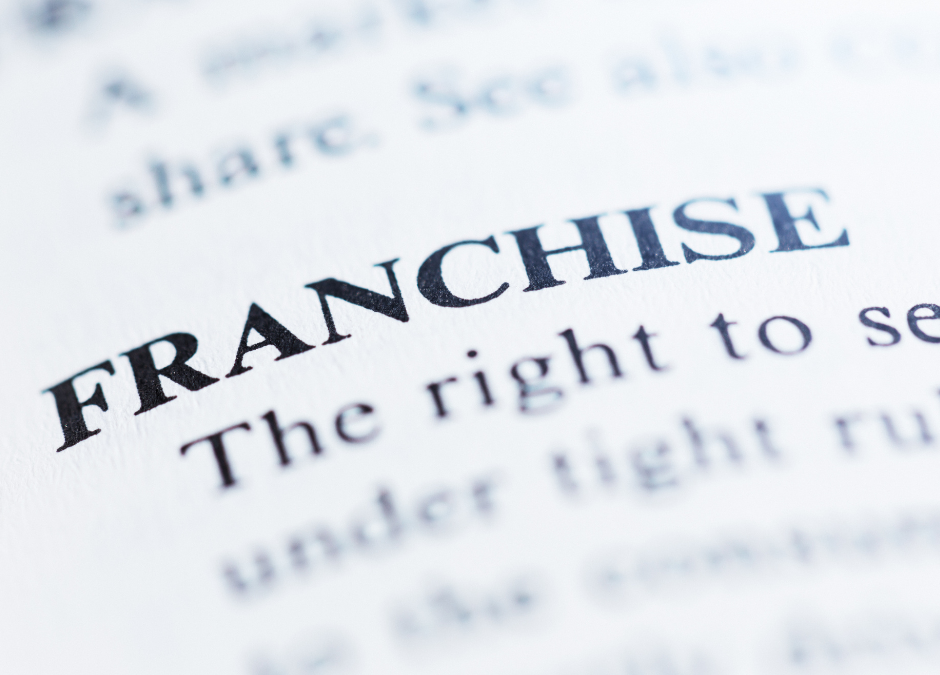Here’s how to make sense of several specific FDD disclosure items to help a potential franchisee determine if they should purse a particular franchise opportunity.
- Item 19 – Financial Performance Representation (FPR)
If a franchisor wishes to share any type of financial results, either historical or forecasted, they must do so in FDD Item 19. Otherwise, a franchisor must say in Item 19 that it does not make an FPR, which the law broadly defines as “any oral, written, or visual representation, to a prospective franchisee, including a representation in the general media, that states, expressly or by implication, a specific level or range of actual or potential sales, income, gross profits, or net profits.”
When making an investment decision, FPR disclosures are the most important piece of information for a prospective franchisee to consider. These disclosures are optional. Approximately 2/3 of all franchisors make some form of FPR because they know the potential franchisee wants this information.
- Item 20 — Franchise Network Statistics
Item 20 on the FDD has five tables that track the growth of the franchise network over the franchisor’s last three fiscal years (or shorter time in business if less than three years) and reveal if franchisees who sign a franchise agreement actually open and stay in business. Table 3 is important to review. It discloses franchisee turnover rates, which may be a sign of a troubled franchise system. Table 5 discloses the number of franchise agreements signed for outlets not yet opened as of the FDD’s disclosure date. Make sure you don’t see a large number here. This may denote a franchisor content with signing new franchise agreements and taking initial fees without helping franchisees open for business.
The Item 20 tables will not disclose the number of multi-outlet or area development agreements signed by franchisees, or the number of outlets that franchisees who sign these contracts pledge to open by specific deadlines. A potential franchisee should judge a system’s success not by the number of pledged outlets but by the percentage of pledged outlets that open for business within the time that Item 11 discloses it should take a franchisee to open.
- Item 7— Estimated Startup Costs
Item 7 presents a low/high estimate for the various components of a franchisee’s startup costs to open and operate a franchise outlet from the date the franchisee signs the franchise agreement through the end of the outlet’s third month in business. A franchisee should plan to spend the high estimate. When it comes to interpreting the “Additional Funds” category, buyers must make sure they understand the franchisor’s assumptions for the most expensive cost categories like real estate, labor, and cost of goods sold.
A properly written Item 7 should be annotated with footnotes that explain the variables influencing expenses such as market and venue characteristics, the typical square footage of a retail location, and staff size. Franchisors are not required to disclose real estate costs if they cannot realistically estimate them, but then Item 7 must affirmatively state that estimated real estate costs are excluded from Item 7, in which case a franchise buyer must plug in their own numbers to create a proper budget. Potential franchisees should discuss with the franchisor other cost categories including loan costs, vehicle costs, local wage rates and money to live on during start up.
- FDD Exhibits with Franchisee Contact Information
Franchise disclosure rules require franchisors to include an FDD exhibit with contact information for every active franchisee and ex-franchisee who left the franchise system during the past year. This list helps with due diligence outside of the FDD and the validation of FDD disclosures.
A potential franchisee should contact multiple active and former franchisees to see what they have to say about their experience with the franchisor and brand. They should also ask about:
- The quality of the support they received in getting their outlet opened, and the relevance and quality of initial and ongoing marketing and training — and whether these services match what FDD Item 11 says the franchisor will deliver
- The franchisor’s commitment to competitive innovation and how the franchisor tests program changes or seeks franchisee feedback before rolling them out everywhere
- The frequency and quality of the franchisor’s engagement with the franchisee community, and if input is welcomed
- Validation of Item 7 initial investment estimates
- Validation of any Item 19 disclosure
- The overall feeling of franchise relationships. Interviewing ex-franchisees is important. It’s very important to see if there is a pattern with complaints.
- Item 12 — Territory
Item 12 discloses if the franchisor assigns a franchisee a territory and agrees not to assign a second franchisee. Some franchise programs are site-specific, meaning the franchisor may cluster franchises as close to one another as it wants regardless of whether they cannibalize each other’s sales.
If a franchisor awards a territory, the franchisor must disclose if it may: 1) change territory lines with or without cause; 2) sell authorized goods and services at certain types of venues in the franchisee’s territory (e.g., shopping malls, kiosks, stadiums, schools, airports, entertainment centers); or 3) sell authorized goods and services through alternative distribution channels that may compete with the franchisee for business (e.g., online). If so, will the franchisor share revenue from these activities with the local franchisee.
Territorial rights are often misunderstood. If they are granted, they typically pertain to the density of branded outlets or franchisee services providers measured by distance or population size. They do not give a franchisee exclusive access to customers within a particular geography nor are they necessarily drawn to approximate a franchised business’s market within which it will draw its customers. The FDD can seem overwhelming. Once you study it and understand what you’re reading, things become clearer and provide a lot of great information as you go through the due diligence process. If you have other questions about the FDD, email me: scott@scottmilasfranchisecoach.com


Recent Comments